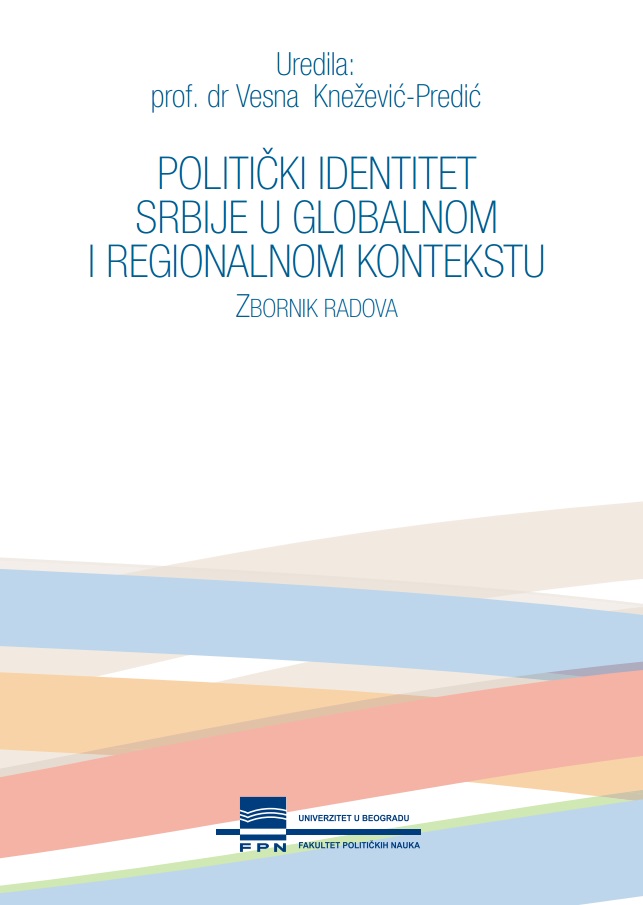Kriza ekonomske globalizacije: pouke iz 1914. godine
The Crisis of Economic Globalization: Lessons from 1914
Author(s): Aleksandar Milošević
Subject(s): Supranational / Global Economy, Globalization
Published by: Fakultet političkih nauka Univerziteta u Beogradu
Keywords: economic globalization; the crisis; the First World War; trade; capital flows; migration; economic interdependence; financialization
Summary/Abstract: Contrary to the popular belief, economic globalization is not a contempo rary phenomenon. This paper will explore the nature and dimensions of the first modern globalization and analyze its similarity to the present time. The growth of trade and financial relations, labor migration and technological progress are commonly cited elements of globalization that has experienced its rapid rise in the second half of the 19th and early 20th century. The integration of financial markets and monetary stability based primarily on the cooperation of central banks (and the existence of the gold standard) have contributed to the strengthening of economic interdependence among countries. However, World War I marked the beginning of the Great Reversal, a period of opposite, deglobalisation trends − financial disintegration and the growth of commercial self-sufficiency, which lasted until the end of the Second World War. The paper will seek to answer the question whether another Great Reversal is possible (and how likely is it), ie. whether contemporary economic globalization is „unusual, unstable, complicated and unreliable“ as Keynes described the economic organization of the Western world in the period before the First World War (Keynes 1919). The nature and characteristics of current trade and capital flows, international migration and technology transfer, as well as the impact of production chains on economic interdependence of countries will be analyzed. Financialisation of the modern economy and its negative effects: the growth of economic inequality, the creation of precarity and crisis-proneness suggest that, paradoxically, the dramatic strenghtening of economic globalization leads to its crisis.
Book: Politički identitet Srbije u globalnom i regionalnom kontekstu
- Page Range: 237-251
- Page Count: 15
- Publication Year: 2015
- Language: Serbian
- Content File-PDF

